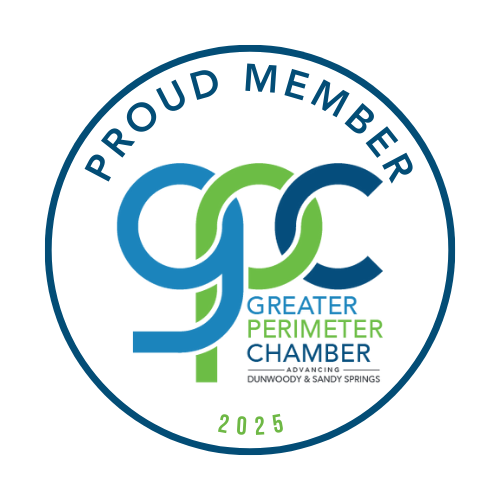Alcohol abuse and alcoholism are serious problems. Nearly 14.5 million people between the ages of 12 and older have experienced an alcohol use disorder, but only about 7% of those receive the necessary treatment. Many people avoid treatment because they don’t understand what to expect from an alcohol treatment program. Understanding the steps to alcohol recovery can make you or your loved one who battles alcoholism feel more confident to take the first step toward sobriety and wellness.
The Steps to Take to Achieve Alcohol Recovery
Detox
The initial step in any alcohol treatment program is to detox and withdraw from alcohol. This is typically the most difficult step to alcohol recovery. Alcohol withdrawal symptoms can be very uncomfortable and can entail many dangerous physical and psychological symptoms, including irregular or rapid heartbeat, fever, seizures, insomnia, mood swings, hallucinations, agitation and more. Symptoms associated with detox from alcohol can be managed in a professional medical detox facility that offers medications and other treatments that are developed to ease symptoms while making the process of detoxification to be easier to bear and much safer, while under the care of medical professionals.
Rehab
Many types of behavioral therapies are available at alcohol abuse and alcohol addiction treatment facilities. Rehab may entail individual or group therapy and seeks to help people understand what motivates them to use alcohol as well as teaching them how to recognize triggers for alcohol abuse.
Some of the types of therapies for alcohol abuse may include:
- Cognitive Behavioral Therapy (CBT): CBT helps clients to recognize negative thought patterns and behavioral issues in order to interrupt responses while learning to substitute behaviors that are more positive, while learning to avoid alcohol abuse.
- Dialectical Behavior Therapy (DBT): DBT can help a variety of clients but is particularly helpful for clients who experience dual diagnoses, encouraging a way to manage alcoholism combined with any other disorder via motivational enhancement and behavioral skills.
- Interpersonal Therapy: By learning to build support structures, such as a social network, to moderate loneliness, depression and any other driving factors of addictive behaviors, clients can learn to strengthen their own resistance to relapse.
12 Step Support Groups
Many 12-step programs exist for many types of addiction and compulsive behaviors. 12-step programs are primarily based on spiritual principles, but many people who are not religious have also found these programs to be quite helpful. A 12-step approach is designed to help participants figure out what works best to maintain abstinence from alcohol abuse, according to their individual needs. 12-step programs offer encouragement, support and accountability for those who genuinely want to overcome addiction.
Continuing Aftercare
Eventually, any formal treatment or rehab programs will reach an endpoint. Clients are however encouraged to continue ongoing recovery efforts. Continuing aftercare is important. Any form of follow-up treatment for substance abuse after initial rehab is considered “aftercare.” The physical and psychological impacts of addiction can persist long after substance use has terminated. Because of the potential for these long term changes associated with addiction and recovery, the need for long-term treatment is important.
Aftercare programs teach clients many benefits, including:
- Learning how to prevent relapse
- Providing a space that is safe for participants to discuss recovery, including pitfalls and accomplishments
- Offering fun opportunities for sober meetups and activities
- Building self-esteem and confidence to overcome triggers and urges
- Connecting members with local individuals who can offer encouragement and support
Let Atlanta Recovery Place Help You Seek Alcohol Recovery
Unfortunately, most people who need specialized treatment for substance abuse do not receive it. According to a report by the Substance Abuse and Mental Health Services Administration, only around 11% of people who require treatment for substance abuse actually receive it. Do not let yourself for a loved one be one of these statistics.
If you or a loved one are ready to learn more about how the steps to alcohol recovery can help, reach out to the caring professionals at Atlanta Recovery Place to get on the path to lasting recovery.









